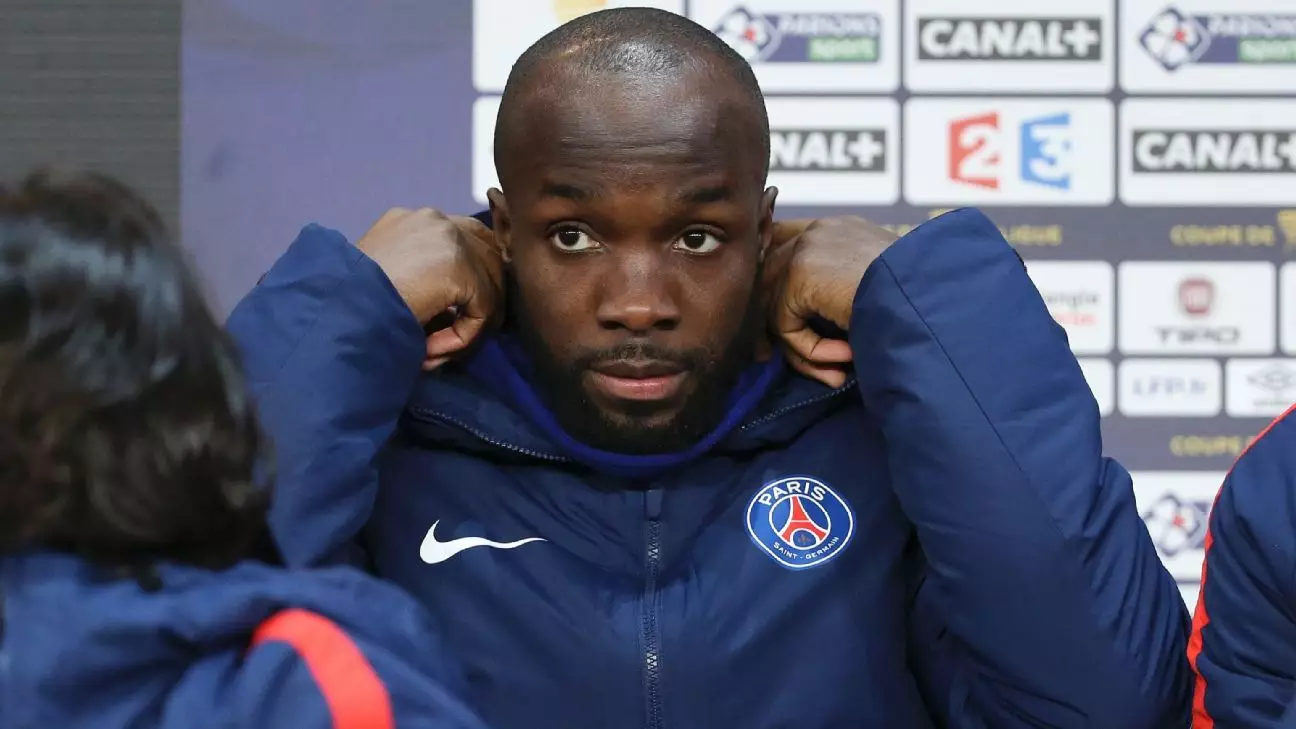The recent legal upheaval involving Lassana Diarra is more than just a financial claim; it signals a potential seismic shift in how football’s regulatory system operates. For years, the sport’s governing bodies—particularly FIFA—have wielded immense power over player transfers, often cloaking their policies in opaque legalese that many argue contravene European Union law. Diarra’s audacious challenge, culminating in a court ruling that criticizes FIFA’s practices, exposes the flaws in an arguably hegemonic system that prioritizes institutional interests over fairness and player rights.
What’s truly compelling about this case is Diarra’s willingness to stand up against a moneyed, authoritative entity that has historically used its influence to maintain the status quo. His victory at the European Court of Justice underscores a crucial point: even the mightiest organizations are not immune to judicial scrutiny when their policies infringe upon fundamental European laws governing labor and competition. This isn’t just about one player’s grievance; it threatens to dismantle a deeply entrenched system that has long favored clubs and governing bodies at the expense of player mobility and fairness.
The Power Dynamics and the Fight for Fair Competition
Historically, FIFA’s transfer regulations have acted as a bottleneck, often forcing players into unfavorable contractual arrangements and limiting their career options. The rules that justify demanding compensation from players or clubs—regardless of the nuances of individual circumstances—have created an environment where talent is sometimes secondary to institutional interests. Diarra’s case challenges this model, questioning whether such regulations truly serve the sport’s broader health or merely protect fiscal interests.
His personal story of conflict—missed seasons, career upheaval, and financial struggles—resonates as a stark reminder of the human cost behind these policies. Moreover, Diarra’s open declaration that he fights not only for himself but also for lesser-known players who lack resources to challenge systemic injustices introduces a hopeful undercurrent: change is possible when courageous individuals stand up to entrenched power.
This case exposes a troubling contradiction—how a sport that champions fairness and competition on the pitch manipulates its transfer rules behind closed doors, often at the expense of players’ careers. The European courts’ criticism, labeling certain FIFA rules as restrictions on free movement and competition, is not merely procedural; it’s a moral indictment of a system that often prioritizes profits over principle.
Legal Battles as a Catalyst for Transformation
Diarra’s quest is emblematic of a broader push for reform within football’s governance. While FIFA’s response remains cautious—resigning to work on amending regulations—the underlying message is unmistakable: the status quo is unsustainable. If courts continue to scrutinize and potentially overturn FIFA’s rules, the sport might be on the cusp of a renaissance characterized by fairness, transparency, and respect for players’ rights.
Nevertheless, challenges remain. FIFA’s reluctance to comment publicly on ongoing legal issues reflects its awareness of the growing discontent surrounding its authority. The backing of FIFPRO and national player unions adds a layer of legitimacy to Diarra’s fight, hinting at a future where player unions might wield more influence in shaping fair transfer policies.
In a broader sense, this legal stand-off embodies the tension between an institution’s desire to control and the individual’s right to emancipation from that control. For Diarra, the battle is about more than a monetary claim; it’s about holding a powerful institution accountable and advocating for an equitable sporting environment. Whether his victory translates into systemic reform remains uncertain, but it undeniably ignites a crucial conversation about fairness, legality, and the essence of sport.
As football continues its global commercialization, stories like Diarra’s serve as a vital reminder that the sport’s integrity depends not only on the skill of its players but on the fairness of its rules. Challenging giants like FIFA is no small feat; it requires courage, resilience, and an unwavering belief in justice. Lassana Diarra’s stand might just be the beginning of a more equitable era for players worldwide.

